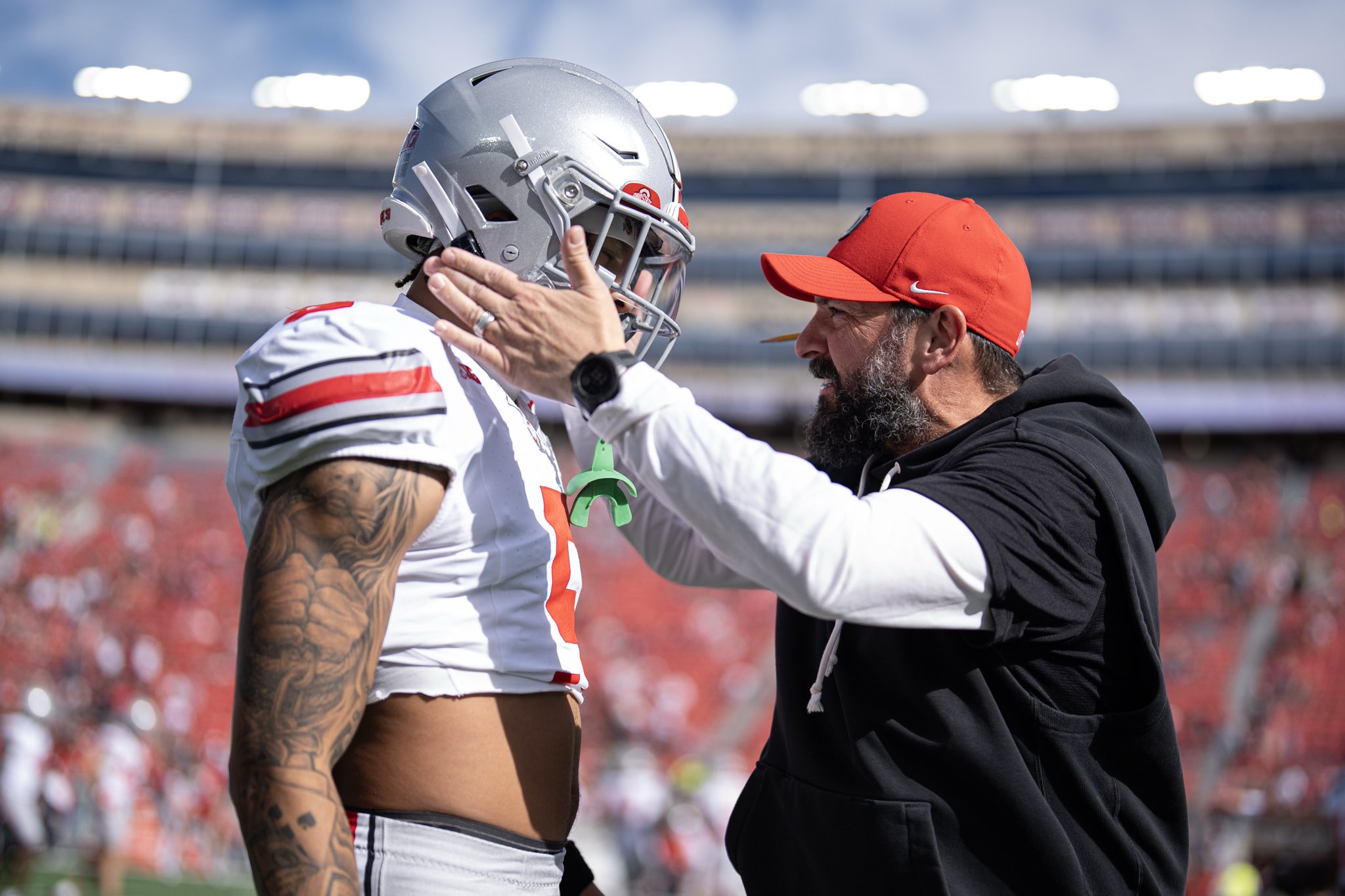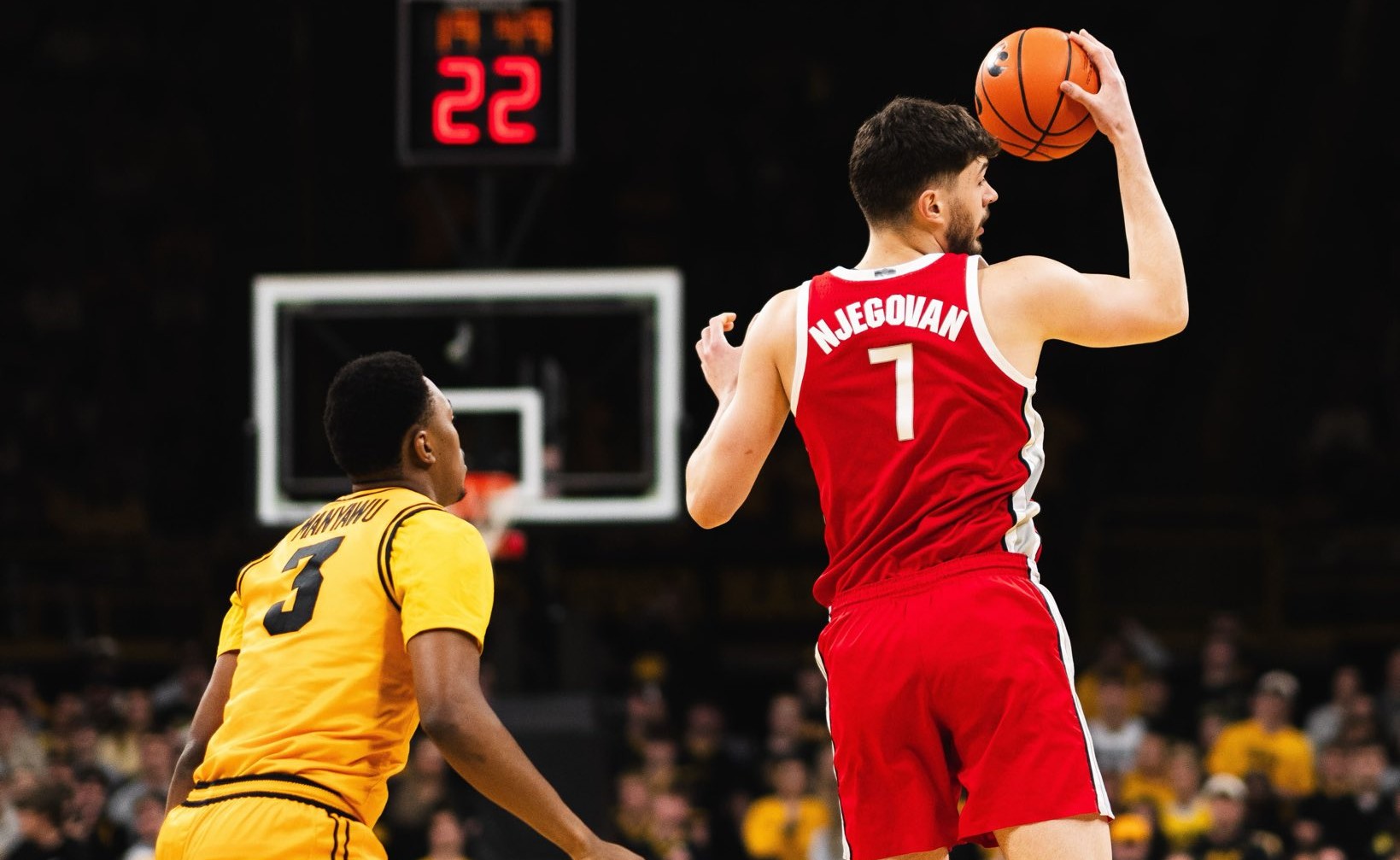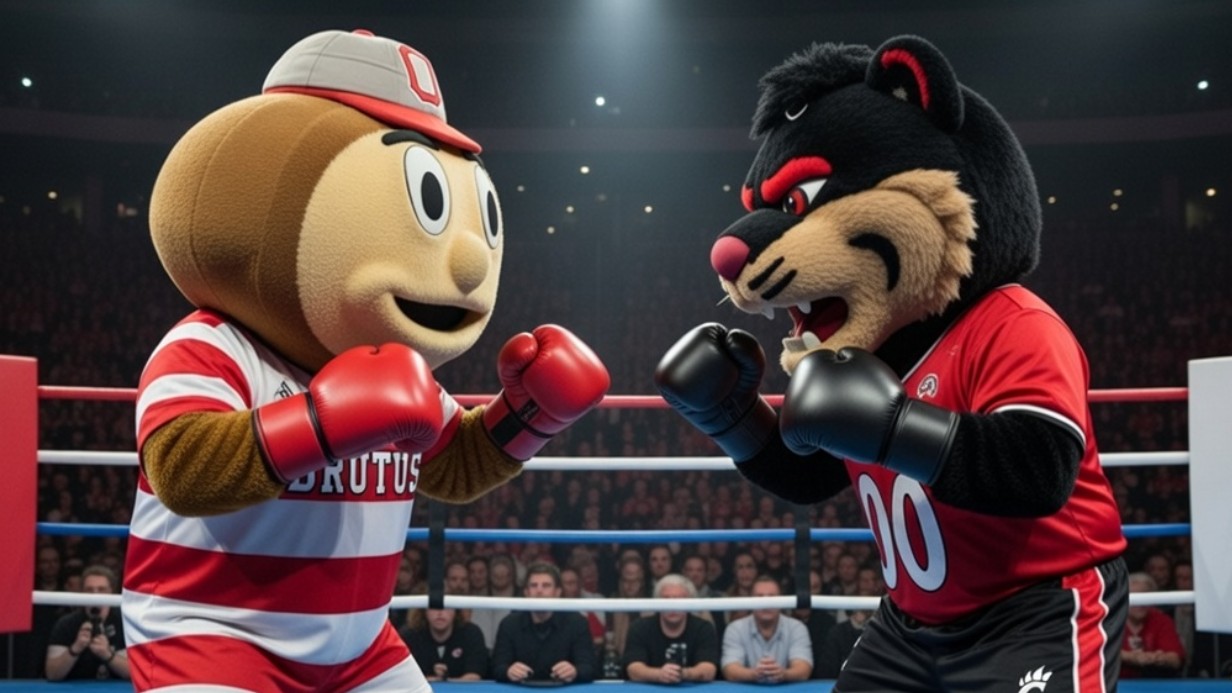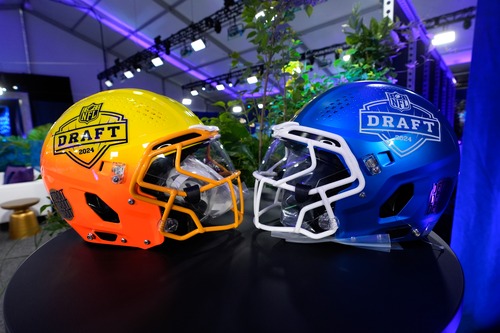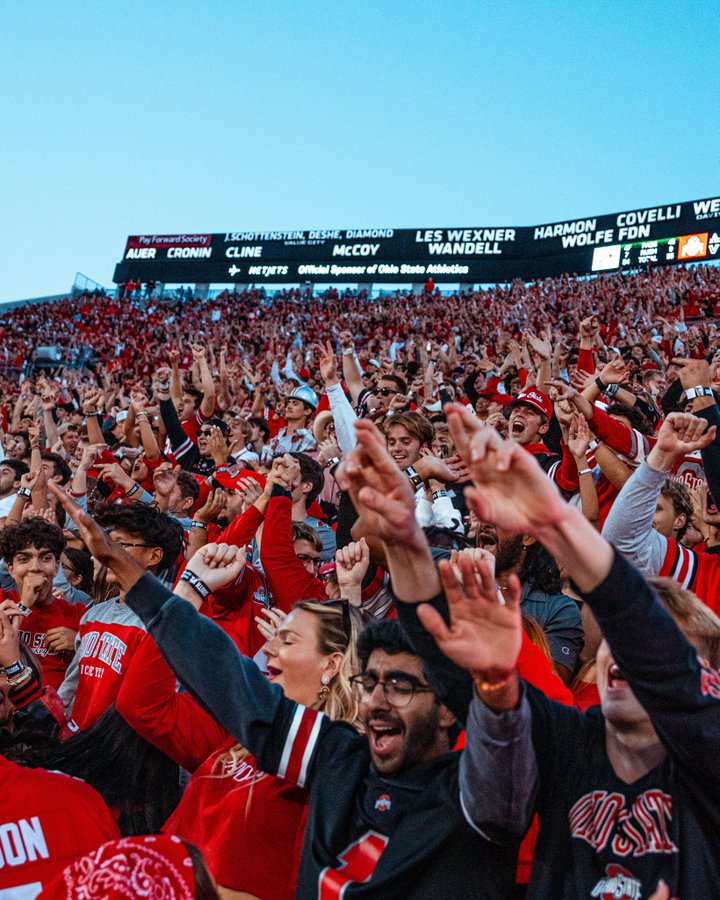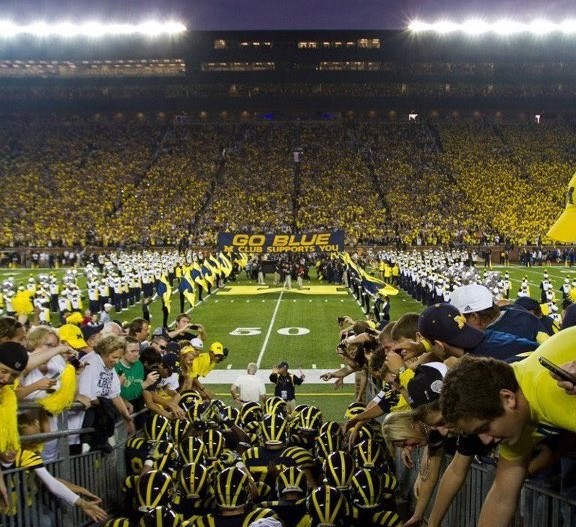
In a fiery episode of The OHIO Podcast, host Eric Boggs is joined by TG—beloved Wolverine Slayer and co-host of The Buckeye Lounge—to dissect the ever-evolving fallout from Michigan’s sign-stealing scandal. While Eric remains skeptical of the NCAA’s backbone, TG passionately argues that a significant punishment for the Wolverines is not just possible—it’s inevitable
TG kicks things off by asserting that the NCAA’s reputation as “spineless” applies mainly to areas like NIL and the transfer portal, where its power has been legally curtailed. But when it comes to violations of NCAA bylaws—rules voluntarily agreed to by all member institutions—the NCAA has shown a recent track record of harsh penalties. TG cites examples like Arizona State and Kentucky, who were slammed despite cooperating. Michigan, she points out, has done the opposite: showing defiance, stonewalling investigations, and refusing to come clean.
Unlike those other programs, Michigan has offered no self-imposed penalties and seems to be banking on public opinion rather than institutional integrity. As TG notes, their arrogance has not only made an enemy of the NCAA but also of Big Ten Commissioner Tony Petitti. Michigan’s threats to sue the Big Ten only worsened their position, and according to TG, Petitti has reportedly encouraged the NCAA to drop the hammer.
The pair agree that Ohio State has long taken a high-road approach when it comes to NCAA compliance. Eric reflects on TattooGate and how the Buckeyes accepted severe consequences—even when the infractions now seem trivial under today’s NIL rules. He points out that Ohio State often holds itself to a higher standard than even the NCAA demands, a contrast to Michigan’s current posture of denial and deflection.

TG is firm in her belief that the NCAA will use Michigan to set a precedent. She argues that vacating wins, implementing a postseason ban, and stripping the 2023 national championship are all on the table—and they should be. In her view, Michigan’s rise under Jim Harbaugh has been fueled by deception and desperation. Unable to consistently beat Ohio State, they “sold their soul” to finally win—but at what cost?
Eric, while still wary, starts to see TG’s point. The NCAA must act decisively, or risk losing what little authority it still holds. As TG points out, the stain on Michigan’s recent “success” is already visible in recruiting: their 2025 class is weak, and top-tier prospects are backing off. That, combined with harsh penalties, could send Michigan into a tailspin not seen since the Rich Rodriguez era.

In the end, both agree on one thing: actions have consequences. And if the NCAA fails to enforce them, it sends a dangerous message to every other program in the country.


